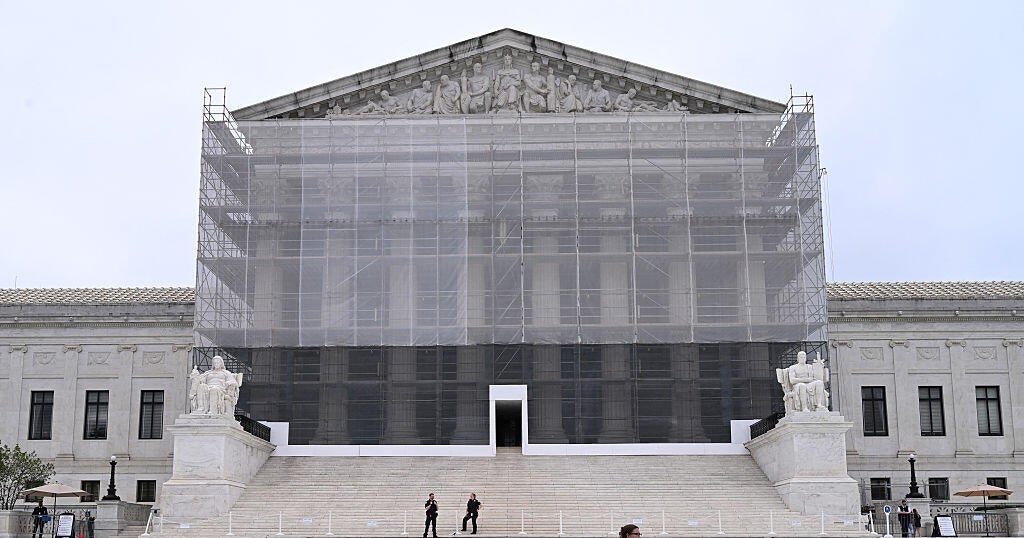Montana Supreme Court Upholds Abortion Rights, Rejects Parental Consent Law for Minors
The Montana Supreme Court has ruled against a parental consent law for minors seeking abortions, affirming the state's constitutional protections for abortion rights.
Overview
- The Montana Supreme Court rejected attempts to revive a parental consent law for minors seeking abortions, emphasizing constitutional protections.
- Montana's constitution enshrines the right to abortion, supported by a voter-approved ballot initiative.
- The 2013 parental consent law was blocked in court and deemed unconstitutional, never taking effect.
- Conservative justices supported the decision based on technical legal aspects, not the state's arguments.
- Planned Parenthood and the court highlighted the equal rights of minors and adults regarding abortion access in Montana.
Content generated by AI—learn more or report issue.

Get both sides in 5 minutes with our daily newsletter.
Analysis
Center-leaning sources frame the Supreme Court's decision as a significant legal stance on minors' rights regarding abortion, emphasizing the balance between parental rights and individual autonomy. They reflect a critical perspective on the conservative justices, suggesting a bias against parental consent laws while highlighting the constitutional protections for minors.
Articles (7)
Center (5)
FAQ
The Montana Supreme Court ruled that requiring parental consent for abortions infringes on the right to privacy guaranteed in the Montana Constitution, specifically Article II, Section 10, and does not enhance protections for minors as required by the state's constitutional provisions .
The parental consent law, passed in 2013, was blocked in court and never went into effect due to legal challenges by Planned Parenthood of Montana .
Twenty-seven states require parental consent for minors to have an abortion, and fifteen states require parental notice [1].
History
- This story does not have any previous versions.




